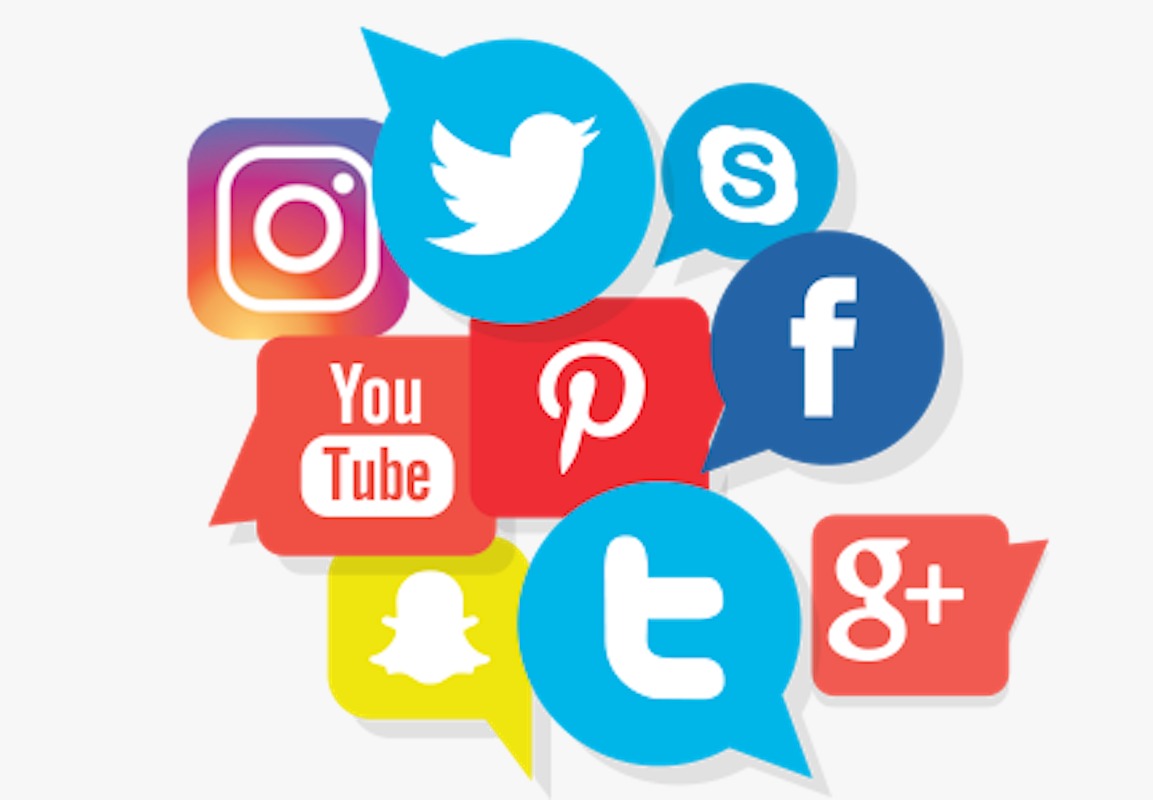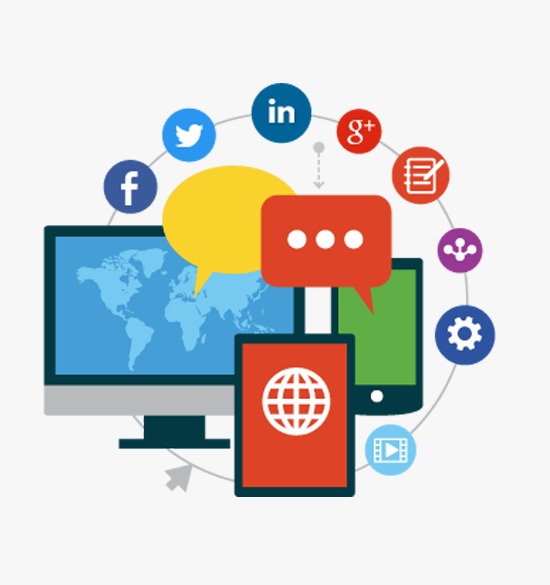Benefits of social media for business essays?
Social media has become a ubiquitous part of our lives, with millions of people using platforms like Facebook, Twitter, Instagram, and LinkedIn every day. For businesses, social media offers a wealth of benefits that can help to increase brand awareness, reach new customers, and drive sales. One of the main benefits of social media for businesses is customer engagement. Social media provides businesses with an opportunity to interact directly with their customers and respond to their questions, comments, and concerns in real-time. This helps to build brand loyalty and increase customer satisfaction, as customers feel heard and valued. Another benefit of social media is marketing and advertising. Businesses can use social media to promote their products and services, reach new customers, and drive traffic to their websites. Social media advertising allows businesses to target specific demographics and interests, making it a cost-effective way to reach potential customers. Social media can also be used to build a strong online presence and create a recognizable brand. By consistently posting high-quality content and engaging with customers, businesses can establish themselves as thought leaders in their industry and increase their visibility and credibility. This can lead to increased brand recognition and a stronger reputation, which can drive sales and attract new customers. In addition, social media provides businesses with valuable insights into their customers' needs, opinions, and behaviors. By monitoring social media conversations, businesses can better understand their customers and make informed decisions about their products, services, and marketing strategies. This can help businesses to stay ahead of the curve and stay relevant in a rapidly changing marketplace. Finally, social media can be a powerful tool


How do you manage social media platforms effectively?
Develop a Strategy: Before diving into social media, businesses should develop a clear strategy that outlines their goals, target audience, and content plan. This will help ensure that all social media efforts are aligned with overall business objectives and will provide a roadmap for success. Define Roles and Responsibilities: Businesses should clearly define who will be responsible for managing each social media platform, as well as what their responsibilities will be. This includes creating and publishing content, responding to customer inquiries, and monitoring metrics and analytics. Establish a Content Calendar: Creating a content calendar can help businesses stay organized and ensure that they are consistently posting relevant and engaging content. The calendar should include a mix of promotional posts, industry news, thought-leadership content, and customer engagement activities. Engage with Followers: Engaging with followers is an important part of managing social media platforms effectively. This includes responding to comments and messages, thanking followers for their support, and starting conversations with potential customers. Monitor Metrics and Analytics: Businesses should regularly monitor key metrics and analytics to measure the success of their social media efforts and identify areas for improvement. This includes tracking engagement rates, reach, and conversions, as well as monitoring customer sentiment and feedback. Stay Up-to-Date: Finally, businesses should stay up-to-date with the latest trends, tools, and best practices in social media. This includes attending conferences, reading industry blogs and reports, and experimenting with new platforms and technologies.
How ROI digital marketing agencies grow on social media?
Building a Strong Online Presence:ROI Digital marketing agencies can use social media to establish their brand and build a strong online presence. This involves creating and maintaining active profiles on relevant social media platforms, regularly posting high-quality content, and engaging with followers. Showcasing their Expertise:ROI Digital marketing agencies can use social media to showcase their expertise and demonstrate their knowledge of the latest trends and techniques in the industry. This can be done by sharing thought-leadership content, participating in online discussions, and commenting on industry news and events. Networking and Collaboration: ROI agencies can use social media to connect with other businesses, potential clients, and industry influencers. By actively participating in online communities and collaborating with other businesses, digital marketing agencies can expand their reach and increase their visibility. Lead Generation: Social media can also be a powerful tool for generating leads and converting them into clients. By sharing valuable content, offering promotions and incentives, and engaging with potential clients, digital marketing agencies can encourage them to take action and become paying customers. Testimonials and Case Studies: Digital marketing agencies can use social media to share testimonials and case studies from satisfied clients. This can help to build credibility and demonstrate the agency's success in helping other businesses grow and succeed.


How can social media be used for business opportunities?
Social media can be used in a variety of ways to identify and seize new business opportunities. Some of the ways in which businesses can use social media to find new opportunities include: Market Research: Social media can provide businesses with valuable insights into their target audience, including demographics, interests, and buying habits. By monitoring social media conversations, businesses can identify new market trends, consumer preferences, and unmet needs, which can inform product development and marketing strategies. Networking: Social media platforms can be used to connect with potential customers, partners, suppliers, and other businesses. This can help businesses identify new business opportunities, find new customers and suppliers, and build relationships with key stakeholders. Lead Generation: Social media can also be a powerful tool for generating leads and converting them into sales. By sharing valuable content, offering promotions and incentives, and engaging with customers, businesses can encourage potential customers to take action and become paying customers. Brand Awareness: Social media can be used to build brand awareness and reach a large, targeted audience. By consistently posting high-quality content and engaging with customers, businesses can establish themselves as thought leaders in their industry and increase their visibility and credibility. Competition Monitoring: Social media can be used to monitor the competition, including their products, pricing, marketing strategies, and customer feedback. This can provide businesses with valuable insights into their competition and help them identify new business opportunities and stay ahead of the curve.
Maximize Your Online Visibility
ROI Digital Marketing Agency
Book Free Demo